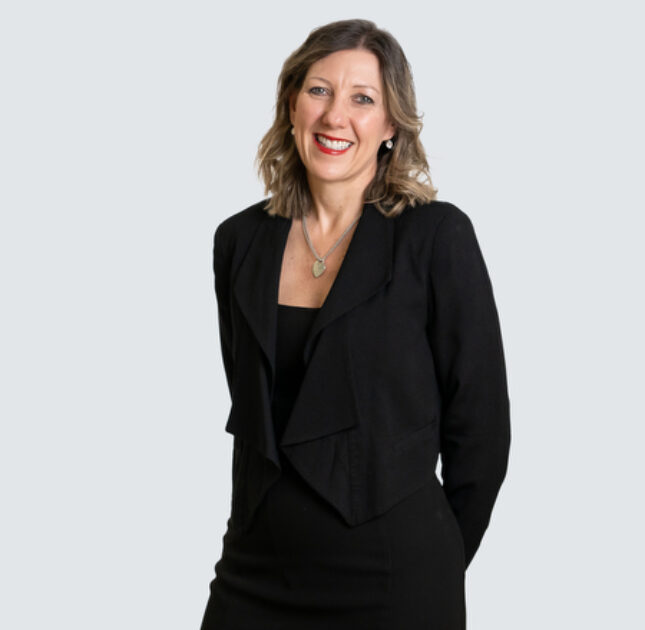The newly formed inquest service at Hugh James has been supporting bereaved families throughout the COVID-19 pandemic and is gearing up for an increased caseload, with the latest UK Government figures highlighting a sharp rise in Coroner referrals during 2020.
The specialist team has been representing many families waiting for prolonged periods to conclude an inquest. These delays are because of the large backlog of inquests that have been opened but not listed for final hearings, due to ongoing restrictions on court hearings.
Lynda Reynolds, who leads the Hugh James inquest team, is a well-known expert in the field. She hopes that Coroners will now start to list more complex and longer inquests in person to allow families the opportunity to draw a line under the process.
Speaking of the work done by the specialist team at Hugh James, Lynda Reynolds said today:
“The families we represent want answers to important questions about the death of their loved one and it can be a stressful and traumatic experience, at a particularly vulnerable time in their lives. The COVID-19 pandemic, and associated delays, has placed even greater pressure on these families, and they come to us to make use of our experience and expertise in this arena, to hold their hand every step of the way and help ease the burden.”
Lynda has been supporting bereaved families, often in tragic and high-profile circumstances, for many years. Earlier this year, she and her team represented the family of Ann Mowbray. The coroner concluded that Ann was unlawfully killed by her husband, Ronald Mowbray, at home on 17 February 2020. Lynda also supported the family of Juliet Saunders, where in April a coroner ruled that Juliet died from hospital neglect after being discharged from the Accident and Emergency Department at King George Hospital, in Ilford, Essex.
The team also works closely with many charities that support the families of those who have died, including Victim Support’s Homicide Service, Brake, Road Peace, Sudden, Inquest and AvMA (Association for Victims of Medical Accidents).
They advise many families affected by failings in NHS maternity care. Lynda recently campaigned for a change in the law around stillbirth – to extend Coroners’ powers to open an inquest in these circumstances. She provided evidence to the Ministry of Justice in late 2019, on behalf of APIL, the Association of Personal Injury Lawyers, as part of their consultation on inquests for stillbirths.
In March this year, Lynda’s expertise led her to contribute to the publication of a new book on Coroners’ Investigations and Inquests, which offers in-depth analysis of the latest developments in the field, alongside practical advice on conducting inquest hearings. The book, which has been written by Counsel at 7BR and is published by Lexis Nexis, is described as “an essential legal guide for all professionals working, or hoping to work, in the field of coronial law.”



